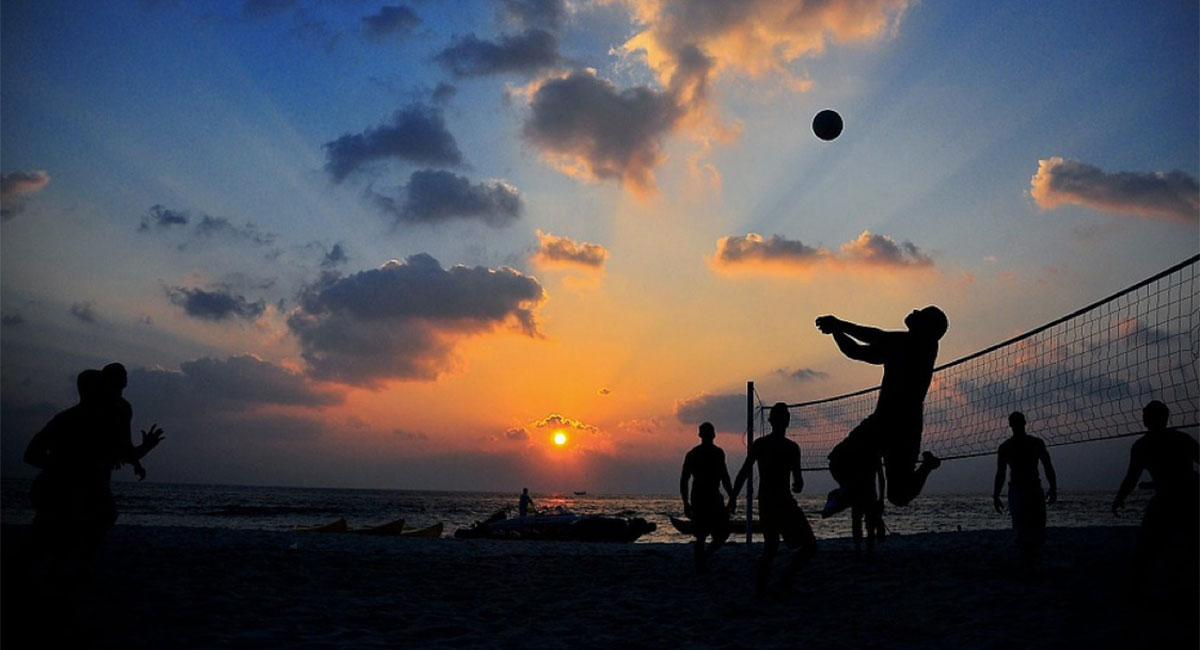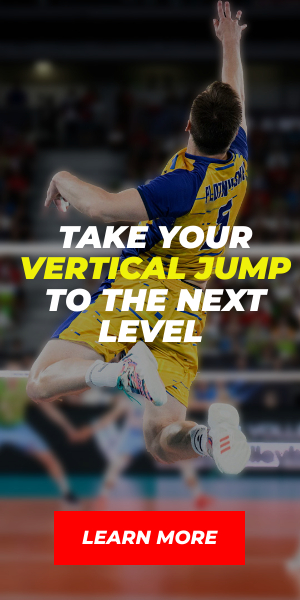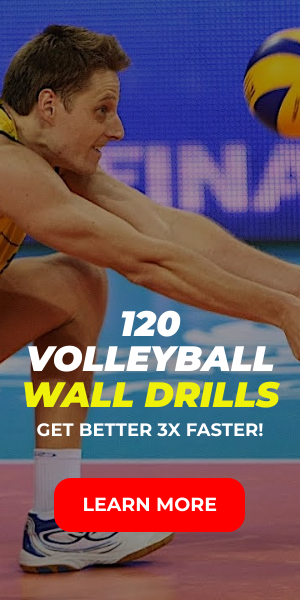Explore how professional volleyball players unwind, focusing on the allure of casinos versus healthier downtime activities that enhance performance and public image.
Net Gains and Games: How Volleyball Players Manage Their Off-Court Time
Volleyball is a sport that demands not only physical strength and agility but also a high level of mental focus and team coordination. For professional volleyball players, the season can be grueling, filled with intense practices, travel, and high-stakes competitions. Given this demanding lifestyle, finding effective ways to unwind and relax during their limited downtime is crucial. While some might opt for quiet evenings at home or low-key gatherings with friends, others are drawn to the vibrant and exhilarating ambiance of casinos. This article delves into the less-discussed aspect of how volleyball players spend their leisure time, particularly their forays into the world of gambling and casinos, exploring both the allure and the implications of such choices.
The Appeal of Casinos to Athletes
Athletes often find themselves attracted to the energetic and thrilling environment of casinos. The appeal lies not just in the potential financial gains but also in the psychological respite it offers from the regimented and highly structured world of professional sports. Casinos provide a stark contrast to the daily routine of an athlete, offering a space that is both socially engaging and mentally stimulating.
The allure of trying out new games, especially when exploring New Online Slots, adds an element of excitement and novelty that can be especially appealing. This isn’t just about the opportunity to win big but also about experiencing new themes and innovative game mechanics that are continually evolving. Casinos also offer a communal atmosphere that is quite different from other leisure activities. The camaraderie found at game tables or the shared excitement of a high-stakes bet can mimic the team-based aspect of sports, making athletes feel at home while providing a completely different kind of challenge.
Moreover, the psychological makeup that drives athletes to excel in sports—such as a love for competition, a high tolerance for risk, and a deep-seated desire to test limits—can also make casino games particularly appealing. The immediate feedback loop of gambling, where the outcome is quickly known, can be incredibly satisfying, especially in contrast to sports, where the fruits of one’s labor might not be evident until a game or season ends. In essence, the casino setting allows athletes to engage in a form of competition and risk-taking in a controlled environment, where they can indulge in the thrill of the gamble without the physical toll of their professional careers. This makes it a compelling choice for athletes looking to unwind and enjoy their downtime.
Balancing High-Stakes Sports with High-Stakes Leisure
Balancing a career in high-stakes sports with leisure activities that are equally intense, such as casino gambling, poses a unique set of challenges and rewards for athletes. This balancing act involves managing both the physical demands of the sport and the mental stimulation of high-risk leisure pursuits. Engaging in activities like gambling can mirror the competitive nature of sports, providing athletes with a familiar yet distinct battlefield.
The psychological parallels between elite sports and high-stakes gambling are significant. Both arenas require a strong mental game, where strategic decision-making, risk assessment, and emotional control are paramount. Athletes are often naturally equipped with these skills, which can translate effectively into gambling environments. Engaging in a round of Play 20 Coins Online could offer not just a chance for financial gain but a way to sharpen these mental skills in a context removed from their sport.
However, the key to maintaining this balance lies in moderation and self-awareness. Just as athletes must manage their physical training to avoid injuries, they also need to handle their leisure activities to ensure they don’t negatively impact their professional life or mental health. It’s important for athletes to recognize when their leisure activities are providing relaxation and when they might be verging into potentially harmful territory.
Moreover, the high stakes of both professional sports and gambling can offer a thrilling adrenaline rush, but they also bring the risk of high pressure and stress. Athletes must develop strategies to manage this stress to maintain peak performance levels in both areas of their lives. Techniques such as setting boundaries, scheduling specific times for leisure, and ensuring they engage in other stress-relief activities are essential components of a well-rounded life that supports both their career and personal satisfaction. Ultimately, engaging in high-stakes leisure can be a beneficial and enjoyable part of an athlete’s life, provided it complements their sporting career and is handled with care and consideration for their overall wellbeing.
The Impact of Casino Visits on Performance and Public Image
The intersection of casino visits and a professional athlete’s career can have profound impacts on both performance and public image. When athletes choose to spend time in casinos, these decisions can lead to varied consequences, affecting everything from their playing form to how they are perceived by fans and the media.
On the performance side, moderate leisure activities like visiting casinos can offer significant psychological benefits, providing a much-needed diversion from the relentless pressure and routine of sports. This mental break can help refresh an athlete’s focus and restore their motivation for training and competition. However, if not managed properly, the thrill of gambling might become a distraction, potentially leading to reduced focus on training or recovery, which are critical for maintaining peak performance. Athletes need to be vigilant about how these activities fit into their overall lifestyle and training program to ensure they do not undermine their athletic commitments.
Public image is another crucial aspect influenced by an athlete’s casino visits. In today’s digital age, public figures are under constant scrutiny, and their behaviors are often amplified through social media and press coverage. While some fans may view casino visits as a harmless diversion, others might see them as irresponsible or indicative of deeper issues. This dual perspective makes it essential for athletes to be mindful of their public persona and the potential repercussions of their off-field activities.
For those interested in understanding more about how these activities are perceived, reading through Spin Away casino reviews can provide insights not only into the casino’s offerings but also into how such environments are viewed within different circles, including sports enthusiasts who might frequent these venues.
Moreover, athletes who are public figures have a unique responsibility to project an image that aligns with their professional values and the expectations of their sponsors and supporters. Balancing casino visits with this responsibility means making informed, thoughtful decisions about when and how to engage in gambling activities, ensuring that these choices bolster rather than hinder their reputation.
In conclusion, while casino visits can provide a fun and relaxing outlet for athletes, it is crucial that they navigate these waters carefully, balancing the enjoyment and relaxation offered by gambling with the potential impacts on their performance and public image. This balance is not only vital for their careers but also for maintaining the trust and respect of their audience and stakeholders.
Healthy Downtime Habits and Alternatives
In the high-octane world of professional sports, finding healthy and effective ways to decompress is crucial for maintaining both physical endurance and mental well-being. While some athletes may find the excitement of casinos appealing, there are numerous alternative downtime activities that can be equally fulfilling and far more conducive to long-term health and career sustainability.
- Physical Activities: Engaging in low-impact physical activities such as yoga, swimming, or cycling can help athletes stay active without the strain of high-intensity training. These activities not only maintain physical fitness but also help reduce injury risk by improving flexibility and core strength.
- Mindfulness and Meditation: Many athletes turn to mindfulness practices, including meditation and breathing exercises, to enhance focus and reduce stress. These techniques are especially beneficial in managing pressure during the competitive season, helping athletes maintain a clear mind and a focused approach.
- Creative Pursuits: Exploring creative outlets such as painting, writing, or playing a musical instrument can provide a mental break from the rigors of sports. These activities stimulate the brain in different ways, offering a sense of accomplishment and joy outside of athletic achievements.
- Volunteering and Community Engagement: Participating in community service or charity work can be incredibly rewarding. It allows athletes to give back, connect with their communities, and gain perspective on their own lives. This can be particularly grounding and can enhance an athlete’s public image positively.
- Learning and Personal Development: Athletes can also spend their downtime enhancing their knowledge through reading, taking online courses, or engaging in educational workshops. This not only diversifies their skills but also prepares them for life after sports by fostering personal and professional growth.
By incorporating these healthy habits into their downtime, athletes can enhance their lifestyle and ensure they are not only performing at their best but also living a balanced and fulfilling life. These activities help maintain physical health, nurture mental well-being, and can even extend an athlete’s career by preventing burnout and promoting overall longevity in the sport.
Conclusion
Balancing the high-pressure world of professional volleyball with effective downtime activities is crucial for athletes looking to maintain peak performance and overall well-being. While the allure of casinos offers a quick escape and adrenaline rush akin to sports, it’s important for athletes to consider the broader impacts of such leisure activities on their performance and public image. By exploring healthier alternatives for relaxation and stress relief—such as physical activities, mindfulness, creative pursuits, community involvement, and continuous learning—athletes can not only enhance their careers but also enrich their personal lives. Embracing these balanced downtime practices ensures that athletes remain competitive on the court while also leading fulfilled and well-rounded lives off it.





